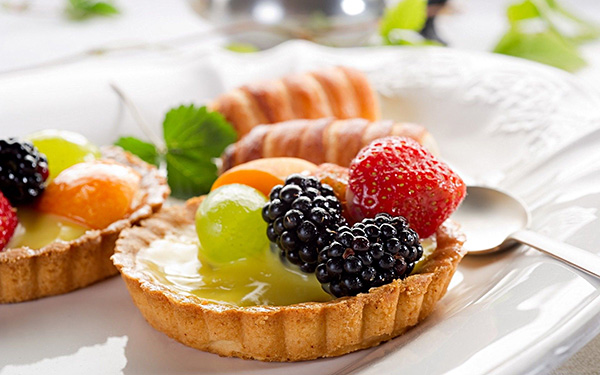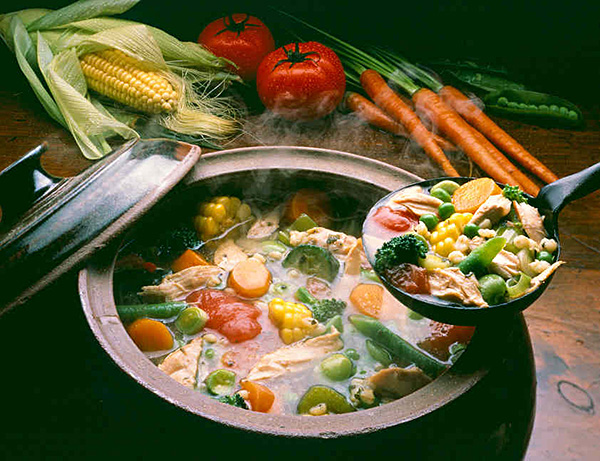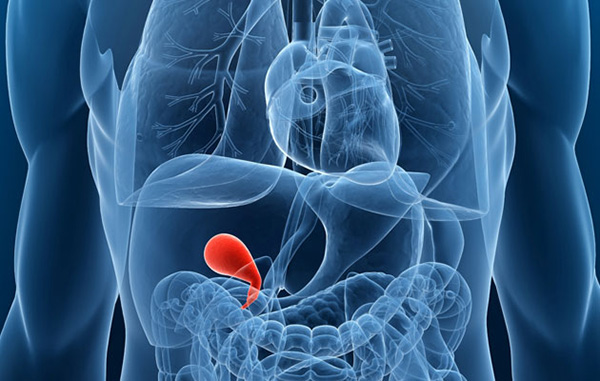Surgery to remove the gallbladder may be followed by several problems, which doctors call “post colecistectomia syndrome” the most common symptoms are pain in the right side below the ribs, nausea, bitter taste, diarrhea episodes, chest burns. Lack of bile slows digestion and bile can go back into the stomach, to the esophagus and then the mouth.
What foods should be avoided?
Usually, patients hardly tolerate these foods:
- Fatty or spicy soups;
- Smoked foods;
- Eggplant and Boeuf salads;
- Bean, cabbage, pickles;
- Mayonnaises;
- Alcoholic or carbonated drinks;
- Chocolate, Cocoa;
- Fried stew;
- Meatballs, sausages;
- Fried foods (eggs, meat, onions, potatoes);
- Spices, onions, garlic;
- Greasy sausages;
- Sour cream, butter, fat milk, fatty cheeses;
- Fats of any kind (pork, duck, goose, sheep);
- Cakes with cream or eggs.
How long the diet lasts?
Basically, consequences of gallbladder removal can last for many years until the body gets used with the absence of bile. Therefore, the diet is kept in periods of persisting symptoms, but fats of any kind should be avoided permanently because it can trigger a painful crisis accompanied by vomiting.
Any person who has the gall removed must keep the same diet?
The diet of people operated of bile must be customized, as in any of another disease, and this customization can be done only by directly knowing the patient, along with his medical characteristics.
However, theoretically, a patient may notice if:
- Tolerate some of the contraindicated foods;
- Does not tolerate some of the foods not included in the above list;
- Tolerate certain foods only at certain times of the day.
According to this, each patient can establish his own personalized diet.
What are some recommended foods?
Theoretically, supported foods are:
- Soups and borscht from vegetables and lean meats;
- Boiled or roasted meat;
- Lean meat (chicken, beef);
- Low fat milk and cheese;
- Fruits and raw vegetables (salads);
- Fruit cakes;
- Poorly mineralized water;
- Salt in normal amounts not if other contraindications exist;
- Stew without onions, or with boiled onion;
- Potato and vegetable puree;
- Boiled or roasted vegetables.
What you should do if problems continue to occur?
If problems arise in the days / months after surgery, you should ask for medical advice from the surgeon. If problems are older than a few months, you can consult the family doctor, internist or gastroenterologist, but pay attention: This problem is extremely difficult to solve in months or years, the most important aspect being the correct diet.
What are the consequences of failure to follow the recommended diet:
This will not result in too serious problems (ie liver disease) but, the following can occur frequently:
- Pain under the right rib;
- Nausea;
- Bitter taste;
- Diarrhea;
- Sometimes jaundice;
- Loss of appetite.


